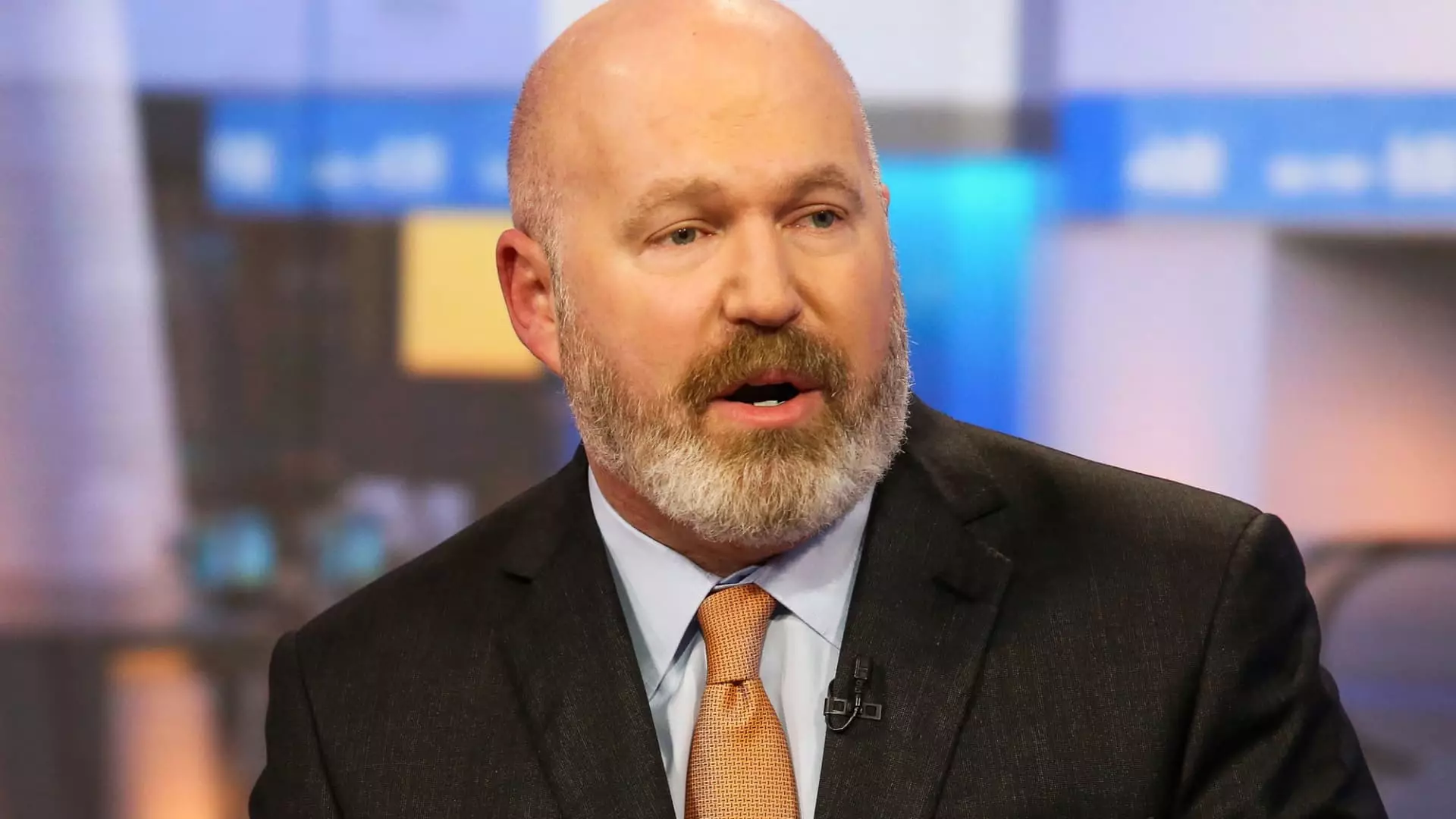In the tumultuous landscape of early 2025, a handful of hedge funds have demonstrated what appears to be exceptional performance, with some even outperforming the S&P 500 twofold. However, this glossy veneer conceals a deeper fragility rooted in speculative strategies and market optimism. AQR Capital Management’s recent achievements, notably its Apex and Delphi funds, highlight a false sense of resilience. These funds have thrived in a short-term rally driven by volatile conditions, but their successes may be less indicative of genuine strength than of opportunistic maneuvers amid chaos. Relying on complex, algorithm-driven strategies—ranging from macro bets to arbitrage—may fetch short-term gains, yet they risk amplifying systemic vulnerabilities once market sentiment shifts.
Questionable Foundations of Quant-Driven Wealth
Founded in the late 1990s by Cliff Asness and his team, AQR emerged amidst the ascendancy of quantitative investing. Their proprietary approach, rooted in value and momentum strategies, capitalized on statistical edge and data-driven decisions. But as the firm’s assets swell past $142 billion, critics should question whether such growth is sustainable or merely a house of cards built on fleeting market patterns. The recent surge, while impressive, underscores a problematic trend: the veneer of success often masks increasing dependence on complex models that may not account for geopolitical shocks or sudden shifts in investor behavior. The reliance on algorithmic agility could backfire if the market’s underlying fundamentals deteriorate or if unforeseen crises unfold.
Market Euphoria or Precarious Confidence?
Despite ongoing global instability—from escalating trade conflicts to Middle Eastern tensions—the stock market continues to rebound, signaling perhaps an overconfidence in an artificially buoyant economy. The S&P 500’s rise from a precipitous April decline to record highs suggests complacency among investors and fund managers. While hedge funds like those managed by AQR capitalize on volatility, their gains are conditional upon continued market liquidity and investor appetite for risk. This optimism conceals vulnerabilities; the recent gains may be short-lived, as underlying economic indicators paint a more ominous picture. The complacency driven by quick wins in hedge fund strategies could ultimately result in significant losses once the tide turns.
Putting Risks into Perspective: A Call for Caution
The impressive returns by AQR and similar hedge funds may tempt investors and policymakers into a false sense of security. Yet, such success should be critically examined against the backdrop of a fragile global economy and mounting geopolitical risks. The aggressive pursuit of alpha through complex, multi-strategy portfolios carries inherent systemic risks—risks that, if unrecognized, threaten to destabilize markets in the near future. A sober, center-right liberal perspective urges caution: the unchecked growth of quantitative hedge funds and their influence on markets might propel short-term gains but at the expense of long-term stability. Overconfidence in these strategies could ultimately distort market signals, exacerbate bubbles, and deepen crashes, undermining the very foundations of a resilient, sustainable economic recovery.

